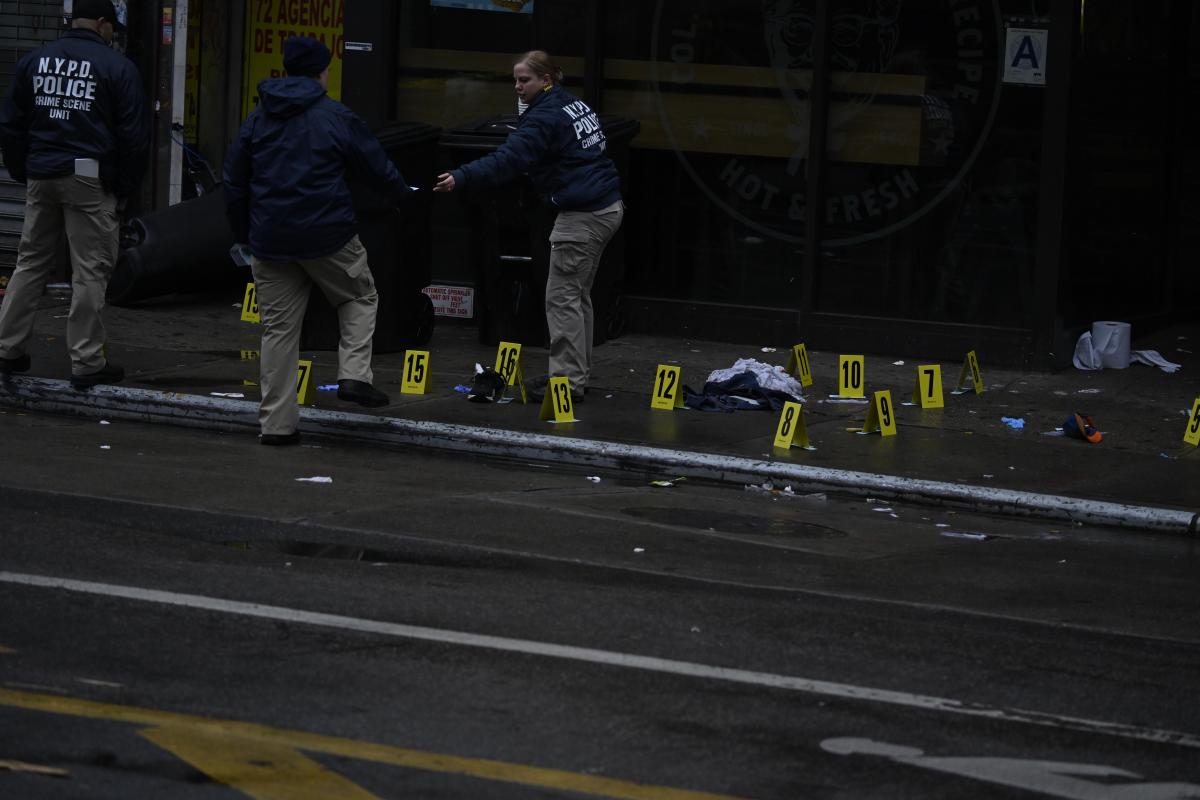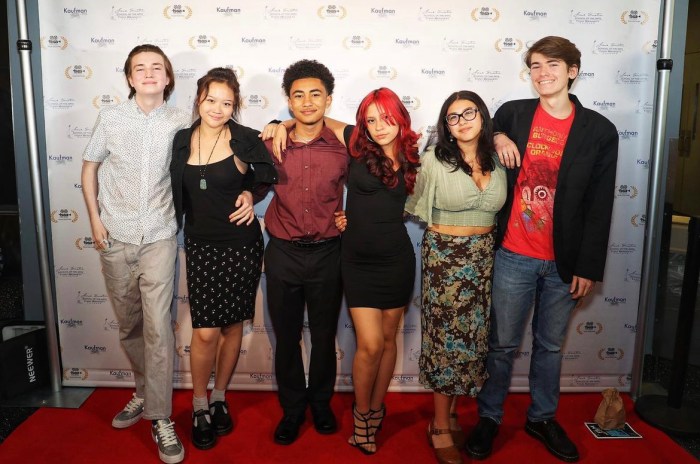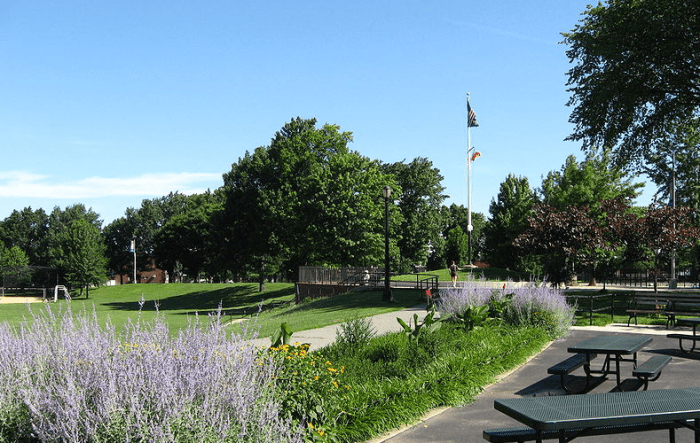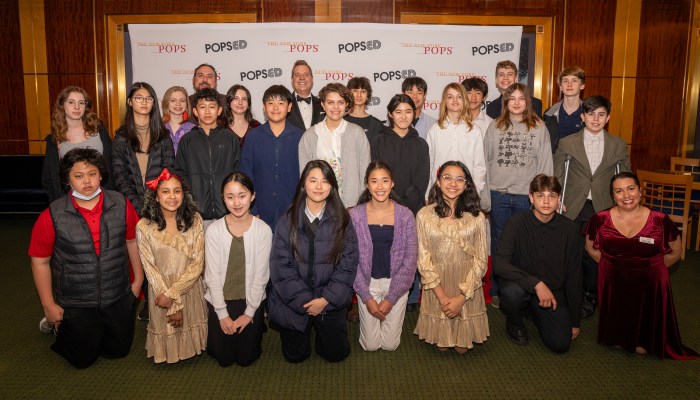By Ronald B. Hellman
The late George Carlin, recently honored with the Mark Twain Award for American Humor, was fascinated by our use of language. Many of his comic routines explored how words convey and disguise meaning, and our use of politically correct phrases and euphemisms. Perhaps best known was his rant about “the seven words you can’t say on television.” (They probably can’t be printed in this newspaper either, so I better not try.)
In just a couple of weeks The Outrageous Fortune Company opens its 46th production in the 99−seat theater at Queens Theatre in the Park, a dark comedy called “Our Lady of 121st Street.” Stephen Adly Guirgis, the playwright, has a great gift for dialogue, and some of those forbidden seven words come out of the mouths of his characters. A number of times, in fact.
Now these characters, 12 in all, have come to an East Harlem Funeral Home to pay their respects to the late community activist and nun Sister Rose (whose body has disappeared, but you’ll have to see the play to find out what happens). And the natural way these characters talk, especially when provoked, is to use some choice words that any average 10−year−old has in his (or her) vocabulary.
Some people make this a big deal, even though, as Carlin and others have pointed out, they’re just words. The movies and cable TV aren’t shy about their use, and books and other publications (The Village Voice, for example) don’t hesitate to print them. On basic TV, these nasty words get bleeped, which makes them even more formidable.
Why all the fuss and bother? Keep in mind that if you want to get someone’s attention, there’s no better way than to drop one of those words on them.
Now for something completely different, as Monty Python used to say. A couple of weeks ago, I attended the opening night performance of “Ragtime” at the Astoria Performing Arts Center’s new home at the Good Shepherd United Methodist Church (30−44 Crescent St., Astoria). For those of you who may think that a local production, especially a musical, can’t match or surpass what they do in Manhattan, you’ve got another think coming.
“Ragtime” is not one of our great musicals, but APAC’s version (sorry, just closed) brought out the very best of it. The opening number alone was worth the price of admission, as the audience was introduced to three turn−of−the−20th−century groups: the established whites, the up−and−coming blacks and the newly arrived immigrants. The playing space, set in three−quarter round, was actually in a gym, but you would never know it, as the actors emerged from every direction.
Credit goes to lots of people, of course, but above all to APAC’s new artistic director, Tom Wojtunik, who directed the show. In his program note, he writes how “then, like now, our nation was swept up in a wave of change.” The cast of some 25, several of whom play multiple roles, had the talent and the energy to entertain and hold your attention from start to finish. And since the production was an Equity Showcase, the top ticket was just $18.
APAC is now in the midst of its eighth season – you should place it on your must−see list.
An extra added attraction for me was to say hello again to APAC’s dynamic executive director, Taryn Drongowski. She made the decision to produce such an ambitious musical as “Ragtime” — “the biggest show we’ve ever done,” she says, while echoing the slogan of our day, “Yes we can.”
Contact Ron Hellman at RBH24@Columbia.edu.































